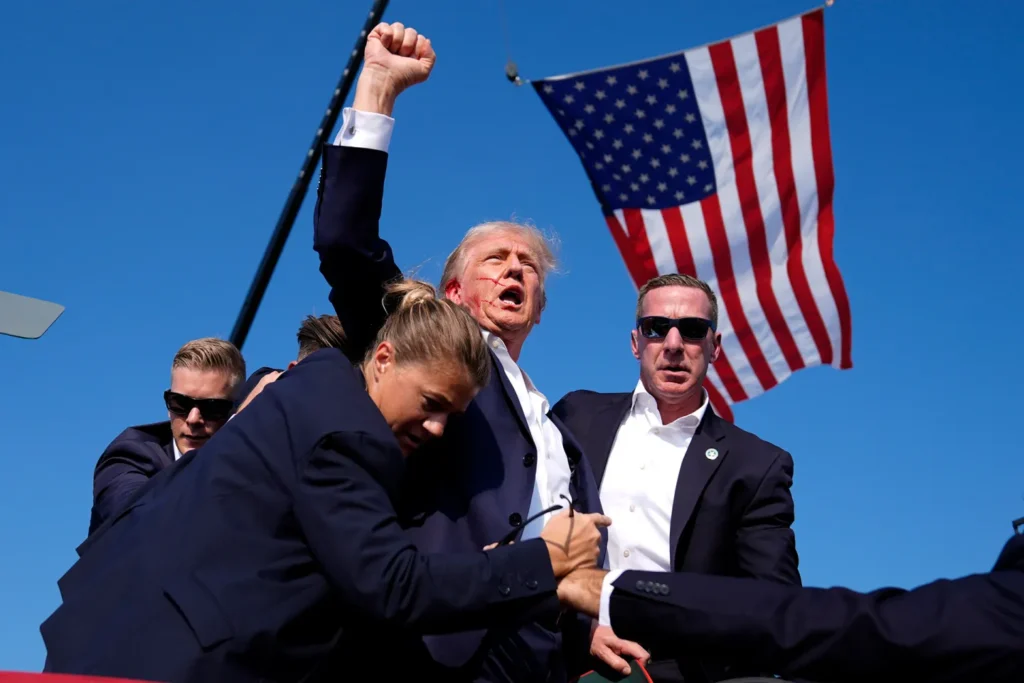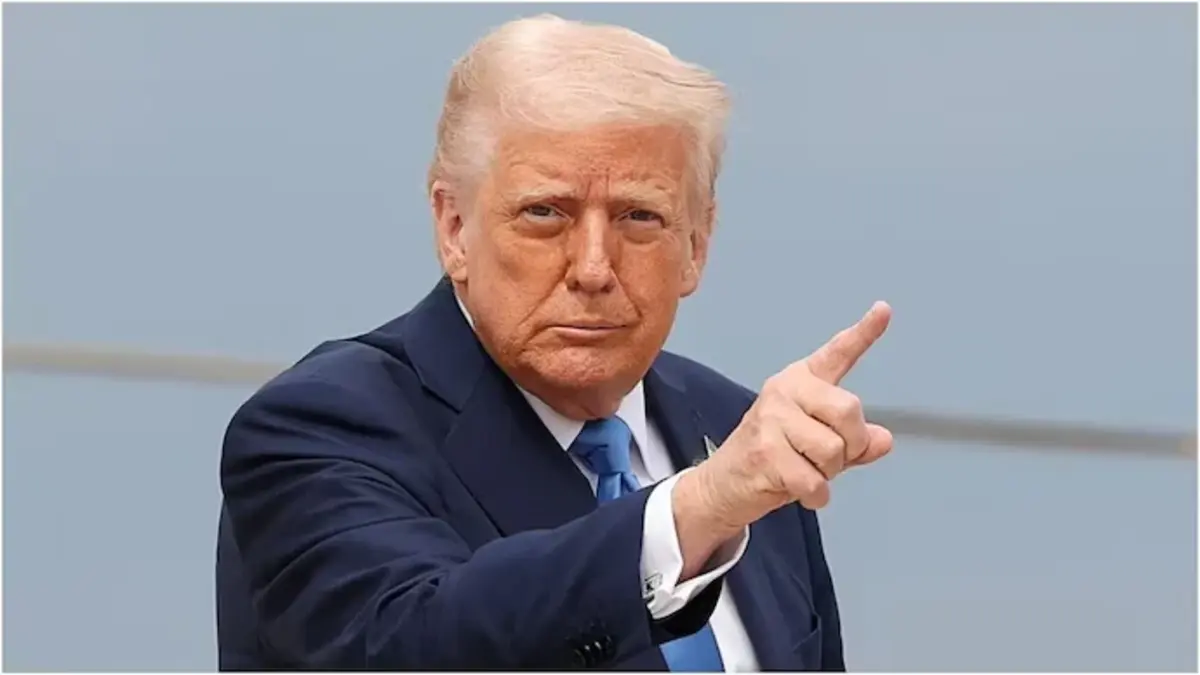- 1 Biden May Block US Steel Sale as National Security Panel Deadlocks on Transaction
- 1.1 The Deadlock: What It Means for the Future of US Steel and the Transaction
- 1.2 The President’s Position: A Delicate Balance Between National Security and Economic Growth
- 1.3 Union Opposition: A Major Factor in the Debate
- 1.4 The Financial Implications: A Struggling US Steel in a Challenging Market
- 1.5 Legal and Political Challenges Ahead: A Courtroom Showdown Looms
- 1.6 Conclusion: A Defining Moment for US Steel and US National Security
Biden May Block US Steel Sale as National Security Panel Deadlocks on Transaction
A critical juncture has been reached in the proposed sale of United States Steel (X) Corp. to Nippon Steel Corp., as a US National Security panel has deadlocked on its review of the deal. The procedural development, which emerged on Monday, signals that the decision now rests in the hands of President Joe Biden, who has previously expressed concerns over the transaction. The Committee on Foreign Investment in the United States (CFIUS) has referred the case to the president’s desk, leaving him with 15 days to make a final decision on the matter. If Biden follows through on his long-held opposition to the deal, he may ultimately block it.
The decision could have wide-reaching implications for both the steel industry and the broader US economy. The proposed acquisition, first announced in December 2023, has sparked fierce debate, particularly due to concerns raised by labor unions and lawmakers about the impact on American jobs and the future of the country’s steel industry. The outcome of this review will set a precedent for future foreign acquisitions of critical domestic industries.

The Deadlock: What It Means for the Future of US Steel and the Transaction
The deadlock in the review process by CFIUS has left many wondering about the future of the deal. The committee is tasked with evaluating the national security implications of foreign investments in US companies, particularly when the transactions involve sectors deemed crucial to national interests. CFIUS has been unable to reach a consensus on the sale, and with the deadline for the review having passed, it now falls to President Biden to decide whether the merger should go ahead.
As a result, the president has 15 days to decide whether to approve or block the sale. While Biden has not made a definitive public statement on the matter, it is well-known that he has expressed opposition to the acquisition in the past. The White House has not explicitly stated that the president will block the deal, but his previous comments suggest he is inclined to do so.
A White House spokeswoman, Saloni Sharma, confirmed that the CFIUS evaluation had been received, but she declined to comment further on the matter, saying only that the president would review the findings. “We received the CFIUS evaluation and the president will review it,” Sharma stated. “No further comment at this time.”
The companies involved in the transaction, both US Steel and Nippon Steel, are already signaling their intent to challenge any decision by President Biden to block the deal in court. “During the 15-day period that the president has to make a final decision, we urge him to reflect on the great lengths that we have gone to address any national security concerns that have been raised and the significant commitments we have made to grow US Steel, protect American jobs, and strengthen the entire American steel industry,” said a statement from Nippon Steel.
READ MORE NEWS
Stocks Rise in Europe After US Tech Rally Lifts Sentiment: A Market Overview
China Plans Record 3 Trillion Yuan Debt Issuance to Boost Economy Amid Challenges
Asian Markets Begin Holiday-Shortened Week With Mixed Results
New Era in Automotive: Honda and Nissan Formalize Merger Talks, Aiming for 2026 Union
The President’s Position: A Delicate Balance Between National Security and Economic Growth
President Biden’s decision on the US Steel-Nippon Steel deal will require him to balance national security concerns with broader economic goals. On one hand, Biden’s administration has consistently emphasized the importance of keeping critical industries, including steel production, under domestic control. The US steel industry plays a vital role in the country’s economic and security interests, and the president has long supported policies that protect American manufacturing jobs and ensure the nation’s industrial base remains strong.
On the other hand, US Steel and Nippon Steel argue that the merger is necessary to compete on a global scale. They contend that creating a combined company with a global presence would allow them to better challenge China’s dominance in the steel industry, a key concern for US policymakers. “This is a transaction that should be approved on its merits,” US Steel said in a statement, emphasizing the strategic importance of the deal in addressing the competitive threat posed by China.
Nippon Steel also points out that it has made significant commitments to addressing national security concerns, including plans to invest in US Steel’s operations and preserve jobs in the steel sector. However, these commitments have not been enough to sway key opponents of the deal, particularly the United Steelworkers union, which has raised alarms about the future of unionized plants under Nippon Steel’s ownership.
Union Opposition: A Major Factor in the Debate
One of the most vocal opponents of the deal has been the United Steelworkers union, which represents a significant portion of US Steel’s workforce. The union has expressed concerns that Nippon Steel’s acquisition of US Steel would lead to job cuts, a weakening of labor protections, and a shift away from the company’s unionized operations. While Nippon Steel has made some promises regarding job security and investments in US Steel’s facilities, the union argues that these commitments are insufficient.
The union’s opposition has added a layer of complexity to the deal, particularly as it intersects with broader political dynamics. The United Steelworkers’ stance has resonated with some lawmakers and local officials, who have called on President Biden to block the deal to protect American workers. However, some federal lawmakers, local union officials, and even mayors in steel-producing regions have signaled support for the transaction, arguing that it would bolster the US steel industry’s competitiveness and create new opportunities for growth.
As the deadline for a decision looms, the White House faces mounting pressure from both sides of the debate. Some critics of the merger believe that blocking the deal would harm the steel industry’s ability to compete internationally, while others argue that the transaction represents a national security risk that could undermine the nation’s industrial independence.
The Financial Implications: A Struggling US Steel in a Challenging Market
For US Steel, the decision on the merger is crucial, especially given the current state of the steel market. The company has been grappling with difficult market conditions, including depressed steel prices and weak demand from key regions like Europe. US Steel recently cut its fourth-quarter earnings guidance, citing these challenging market dynamics. In response to these conditions, US Steel’s shares have dipped, falling 0.5% to $31.21 in pre-market trading on Monday.
The end of the proposed merger with Nippon Steel would leave US Steel to contend with these challenges on its own. Without the merger, the company would need to find alternative ways to strengthen its position in the global steel market. Both companies argue that the merger would help create a more competitive player in the industry, enabling the new entity to compete more effectively with global steel giants and reduce reliance on imports, particularly from China.
Despite these challenges, the potential loss of the deal could ultimately be a setback for US Steel, which is facing tough competition in an increasingly globalized market. By teaming up with Nippon Steel, US Steel hoped to combine resources and expertise to weather these difficult times and create a more formidable competitor in the global steel market.
Legal and Political Challenges Ahead: A Courtroom Showdown Looms
If President Biden chooses to block the merger, the companies have already signaled their intent to challenge the decision in court. Such a move could prolong the uncertainty surrounding the transaction and further complicate the political and legal landscape. A court battle could result in a lengthy and costly legal process, which could delay the deal for months or even years.
However, even if the merger is blocked by the president, the companies may not give up on their goal of expanding and competing with China. It is possible that Nippon Steel and US Steel will explore other avenues for partnership, such as joint ventures or strategic alliances, in order to achieve their shared objectives in the global steel market.
Conclusion: A Defining Moment for US Steel and US National Security
As the deadline for President Biden’s decision approaches, the fate of the US Steel-Nippon Steel deal remains uncertain. With a deadlocked national security review, the decision now rests with the president, who will need to weigh the economic benefits of the merger against the potential national security risks. The president has 15 days to announce his decision, but with both sides preparing for a legal challenge, it seems that the outcome may not be settled anytime soon. Regardless of the outcome, the US steel industry is at a crossroads, and the decision made by President Biden could have lasting implications for the future of American manufacturing and national security.








